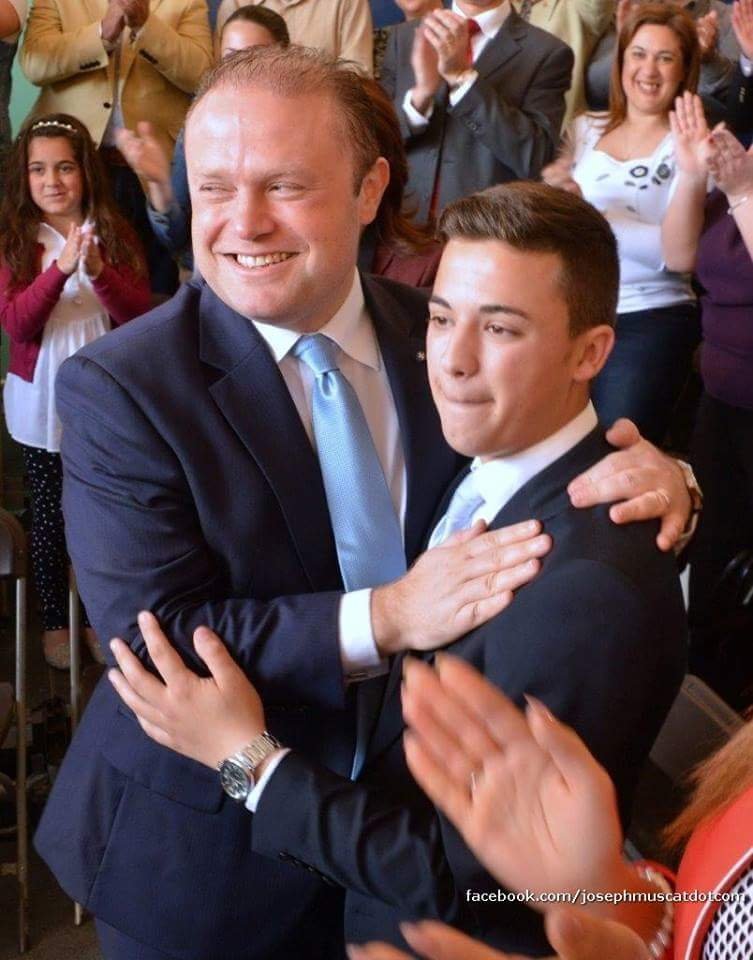GUEST POST: The shift
Sent in by Dire Straits this morning:
Speak it softly: we have just witnessed a subtle but profound change in the Maltese political landscape.
Or rather, two closely related changes that together will alter the rules of the game up to the next general elections and beyond.
Firstly, now that the referendum dust has settled, it is paradoxically the environmental lobby that has emerged strengthened, while the hunters are perceptibly weaker.
And secondly, Joseph Muscat’s aura of ‘untouchability’ appears to be coming to an end. He lost significant ground in the local council elections, came across as crass and graceless in his reaction to the setback, and is being looked at differently by many of the people who put him into power.
When the result came in on the morning of the 12th of April, it was despair for the environmental lobby. But the agonizingly close defeat has actually thrown into stark relief a shift in the balance of power that has occurred away from the hunters and towards the environmentalists and those who share their cause.
Every hunter and sympathiser was mobilized for this referendum. They threw everything they had at it, and still only managed to get 50.4% of a 75% turnout; even then, it had to be the Prime Minister who just about dragged them over the line. That’s very far from the majority needed to win in a general election-sized turnout, and Joseph Muscat knows it well.
Reflect on that – the Prime Minister put his neck on the line for the hunters, campaigned for them, and lent them the Labour Party’s electoral machine. The vast majority of those voters were his already. Yet in saving their skins he alienated the key constituency that won him the last election so handsomely – the political centre.
What was worse for him is that the closeness of the result meant that instead of riding yet another wave of popular approval, he is being squarely blamed for the referendum result by many of those who have been angered by it.
He now has an acute case of buyer’s remorse. This was clear in his body language when he gave his first comments after the result was made known, and in his readiness to close the hunting season – even though it took the killing of several protected birds, an injured teen bird-watching tourist, and the dramatic schoolyard shooting of a bird of prey to push him to do it with just three days to go.
It is clear to everyone with half a brain that in the absence of Joseph Muscat there would have been a comfortable majority against spring hunting. He has delivered the result for them for the moment, but he knows very well now that it has cost him popularity and votes in the centre. As he is someone who is always ready to follow the majority opinion slavishly, this will hurt him.
From here on in, expect him to pay full lip service to the environment, and to actually try to deliver wherever it doesn’t cost him anything. But don’t get too excited about it, for there is obviously no real commitment on his part, and he still has to appease all the developers to whom he has promised a slice of our country. Yet he will be loath to do anything else in this term if it will once again annoy the light-green environmental centre.
The other change is that as they watch these painfully transparent contortions, the scales are beginning to fall from the eyes of more and more of the people who voted for Joseph Muscat. They are beginning to understand that they have been fooled once. It will not be easy to fool them again.
While the press still largely kowtows shamelessly to him, there is a sense that he is not getting quite as free a ride as he has been up to now.
In the local council elections it became clear that Muscat has lost a significant part of his electoral lead. The fact that he could not accept or acknowledge this, that he had to try and hide it, and actually celebrate a ‘victory’, was clearly visible to all those in the centre already rattled by his taking up arms so wholeheartedly for the hunters.
He is also up against a revitalised political opponent who has played a bad hand far better than anyone could have expected. To save the referendum, Busuttil had to say – as quietly as he possibly could – that he would vote No.
Unlike Muscat he was true to word and stayed scrupulously out of the campaign and its aftermath. He has not identified himself with the hunters in the way that Muscat has, and by remaining quiet he has allowed Muscat to take hit after hit with the killing of each cuckoo and the shooting of each kestrel.
There is a sense that Busuttil has made important progress in putting his party in order, and that he is finding his voice. And crucially, the local council elections show that he is able to pull people back into his party’s fold, even in traditionally labour-leaning districts.
It looks like we’ll have a 2018 election contest on our hands, after all.

